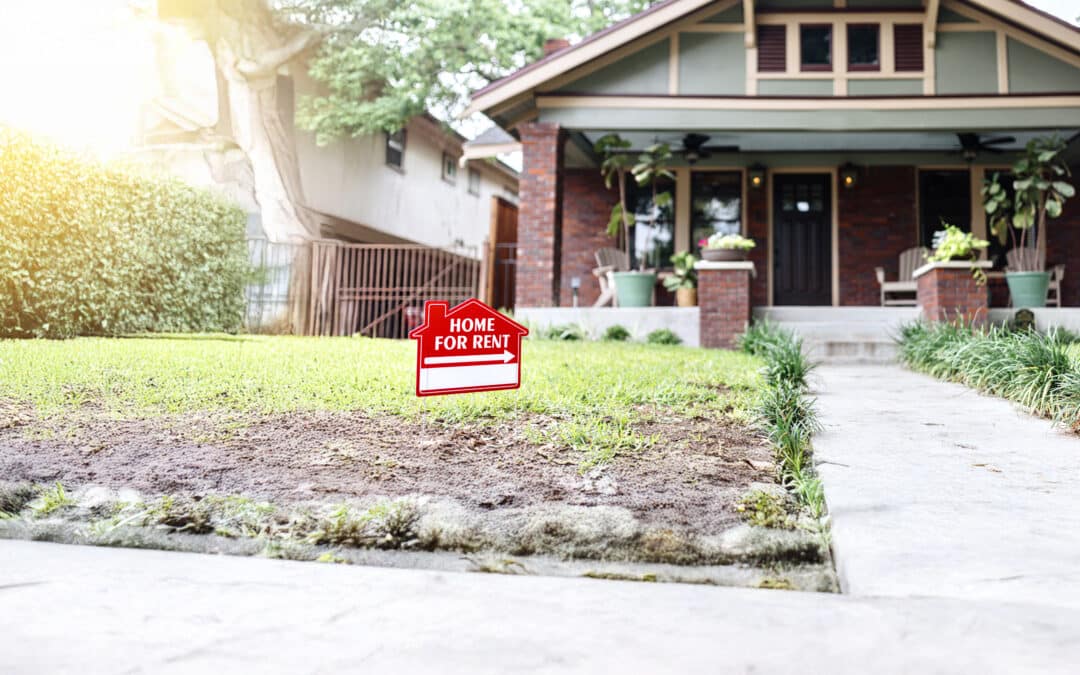When you buy a fixer-upper, you know that there will be hours of work ahead. But it can be hard to know where to start. Not everyone is born a Joanna Gaines — the design mastermind behind HGTV’s Fixer Upper — but that doesn’t mean you’re doomed to a dilapidated dwelling. Here’s a handy list of initial steps to ensure that your DIY approach to home-ownership is a success.
Get Familiar with Work Permits
Fees and requirements vary, but chances are, you’ll need to contact your municipality about getting a work permit for your fixer-upper. Every municipality has its own rules about what requires a permit. Generally, you’ll need a permit for larger projects like replacing siding or load-bearing walls. Smaller projects, such as painting or updating flooring, usually doesn’t require municipal permission. In general, though, it’s a good idea to check with the city or a local contractor who will be familiar with the rules before you embark on a major project. Skipping the permit can lead to fines or even impede any loan you’ve taken out to pay for renovations.
Take a Foundational Approach
The largest, potentially most expensive project is right under your feet: the foundation. To give your foundation a check-up, survey the inside and outside of your house. Are your walls cracking or bulging? Do your doors jam against the floor when you’re opening and closing them? From the outside, can you see any cracks or chipping concrete in the foundation? Foundational flaws can lead to water leaks, drafts, or larger safety issues. If you aren’t sure what to make of what you’ve seen, contact a professional before your renovations get too far.
Check the Roof
After surveying the basement area, head up to the rooftop. Shingles need to be replaced every 15 to 30 years and require regular inspection, about twice a year. Look for missing or damaged shingles, which can be curled or losing granules. Even if they look ok, head into your attic to make sure they aren’t hiding a failing roof or water damage. In the attic, check for moldy insulation and water stains.
Hire a Home Inspector
Maybe you trust your judgment, when it comes to foundations, electrical systems, plumbing, and roofing. If so, skip to the next tip. But if you’ve checked the roof and the foundation and don’t trust your judgment, a professional home inspector should be able to give you peace of mind. Yes, you should have called an inspector before you bought the house. But now that the keys are in your hand, it’s always a good idea to have the professional opinion of an expert. He or she can also help you prioritize the home’s most pressing repair needs.
Make an Interior Plan
Which brings us to the next step: planning. Want to knock down any walls? Are you refinishing that wood flooring? Does the tub need replaced? Make an inventory of what projects you want to get done, noting which projects you’ll be doing yourself and which require a contractor. With your prioritized list, you can make yourself a timeline.
Contact Several Contractors
There’s only one thing about renovations that you can count on: A constant stream of surprises. You can protect yourself from a few of them by getting quotes and timelines from several contractors. That way, if one contractor is doing poor work, has a scheduling conflict, or if you have a sudden problem that urgently requires repair, you have another contractor to call in.
Enjoy the Process
Living in a fixer-upper is completely different from living in a new (or even gently used) home. Construction projects and remodeling might make half your home uninhabitable for months at a time. Your bathroom might smell like new paint for a while. But if you give yourself over to the process of remaking your home, incorporating smaller projects into your daily life, inhabiting a fixer-upper can be fun. Rome wasn’t built in a day, and your two-bedroom Colonial won’t be, either. So instead of focusing only on the finished product, embrace the state of change.
*This article was originally published on www.noradarealestate.com on March 28, 2017. Click here for the article.
Marco Santarelli is the founder of Norada Real Estate. To find out more visit their website at www.noradarealestate.com.
























0 Comments